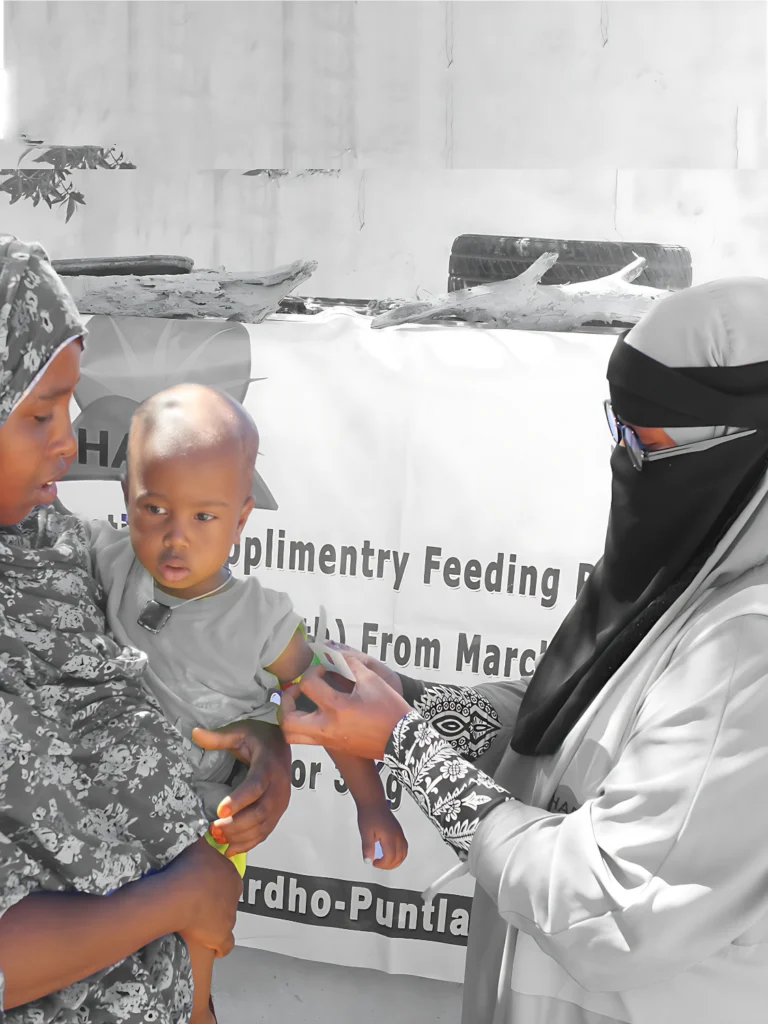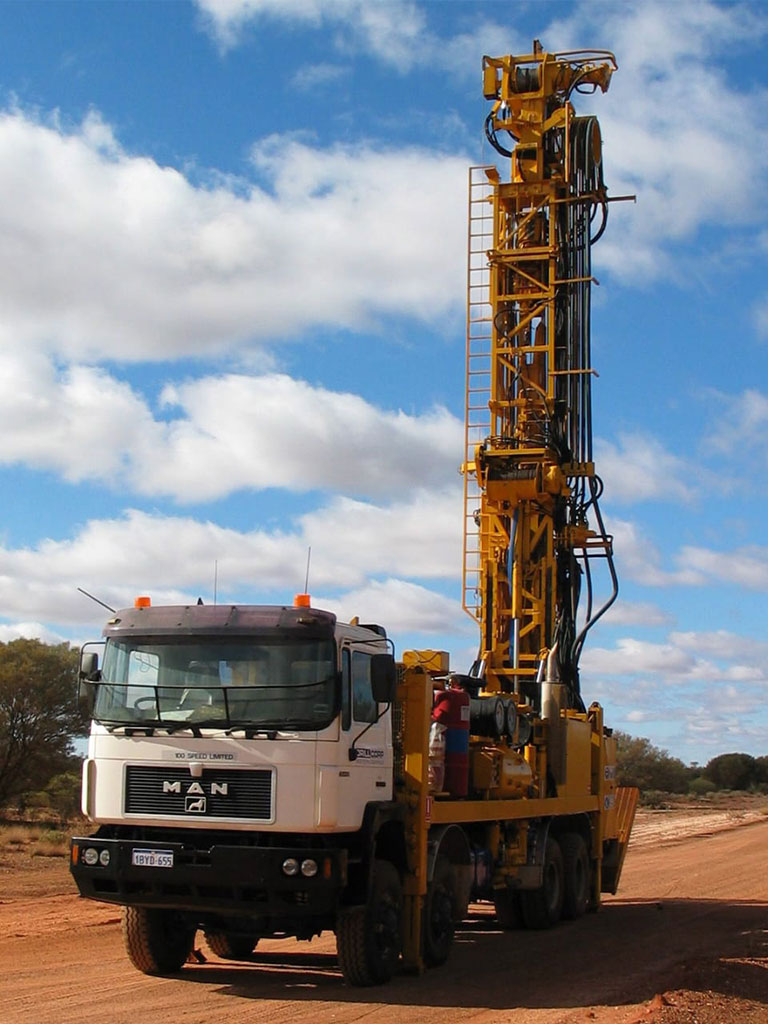
Nutrition Program
Improving nutrition is one of the most effective forms of development aid.
Good nutrition helps children to learn better at school.
Good nutrition gives children the opportunity to survive, grow, develop, learn, play, participate, and contribute. Malnutrition, on the other hand, deprives children of their prospects and condemns young people to a life of insecurity.’ (Unicef/WHO)
According to the World Health Organisation, malnutrition is the most serious threat to public health. Worldwide, 45 percent of child mortality (for children under 5 years) can be attributed to malnutrition.
So as a HADO organization working in the field of nutrition, which we believe is the root of community development, after making sure the community is free from malnutrition, it can move on to other needs and wants.
Better nutrition leads to better health, especially for children. Good health increases the chance of escaping the poverty trap.
WASH Program
Having clean water and sanitation means being able to avoid exposure to countless diseases.
HADO WASH department implements projects that ensure availability and sustainable management of water and sanitation for all. The focus of the department is to continue to sustainably improve access to environmentally safe water and sanitation facilities for the most vulnerable communities, as well as promote community participation and ownership, which are instrumental in enhancing sustainability of community projects. HADO support water well drilling, community underground water berkeds and rehabilitation of water sources; berkeds, boreholes and shallow wells, currently it supported around 3500, households received water supplies through water tracking intervention for drought affected people.

Our Program Principles
Promote empowerment.
We stand in solidarity with people living in poverty and support their efforts to take control of their own lives and fulfill their rights, responsibilities, and aspirations.
We ensure that participants and organizations representing people living in poverty, especially women and girls, are partners at all stages in our programs.
Work with partners
We work with other organizations and individuals to maximize the impact of our programs, building alliances and partnerships with those who offer:
- Complementary approaches
- Ability to scale up effective solutions.
- A demonstrated responsibility to fulfil rights and reduce poverty through policy change and implementation.
We commit to working in ways that support and reinforce, not replace, existing capacities.
Ensure accountability and promote responsibility.
We seek ways to be held accountable by the people we serve and partners we work with. We identify individuals and institutions with an obligation toward poor and marginalized people, and support and encourage their efforts to fulfil their responsibilities.
Address discrimination
In our programs and in everything we do we address discrimination and the denial of rights based on gender, race, nationality, ethnicity, class, religion, age, physical ability, caste, opinion, sexual orientation, or any other personal trait.
Seek sustainable results.
As we address underlying causes of poverty and rights denial, we develop and use approaches that result in lasting and fundamental improvements in the lives of the people we serve, particularly women and girls. We work to influence changes that are environmentally, socially, and institutionally sustainable.
Do no harm.
We Analyse the intended and unintended impacts of our programs, encourage honest learning, and act to prevent and respond to any unintended harms. We place special focus on preventing and addressing gender-based violence in all our programs. We hold ourselves accountable for enacting behavior’s consistent with these principles, and ask others to help us do so, not only in our programs, but in all that we do.
Our Program Outcome Areas
Find out more about our Five Program Outcome Areas from our Vision 2030 Strategy.
HADO Vision 2030
The below points clarify out our 2030 ambition to reach a community free from malnutrition, uneducated children, and isolation.
- Crisis Response
- Gender Equality
- Right to Health
- Right to Food, Water, and Nutrition
- Women’s Economic Justice
